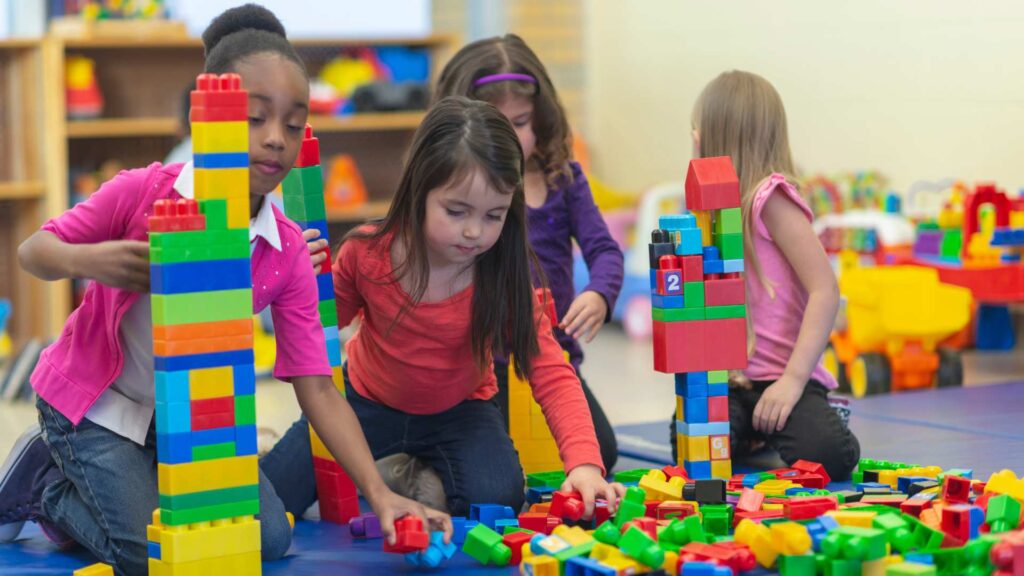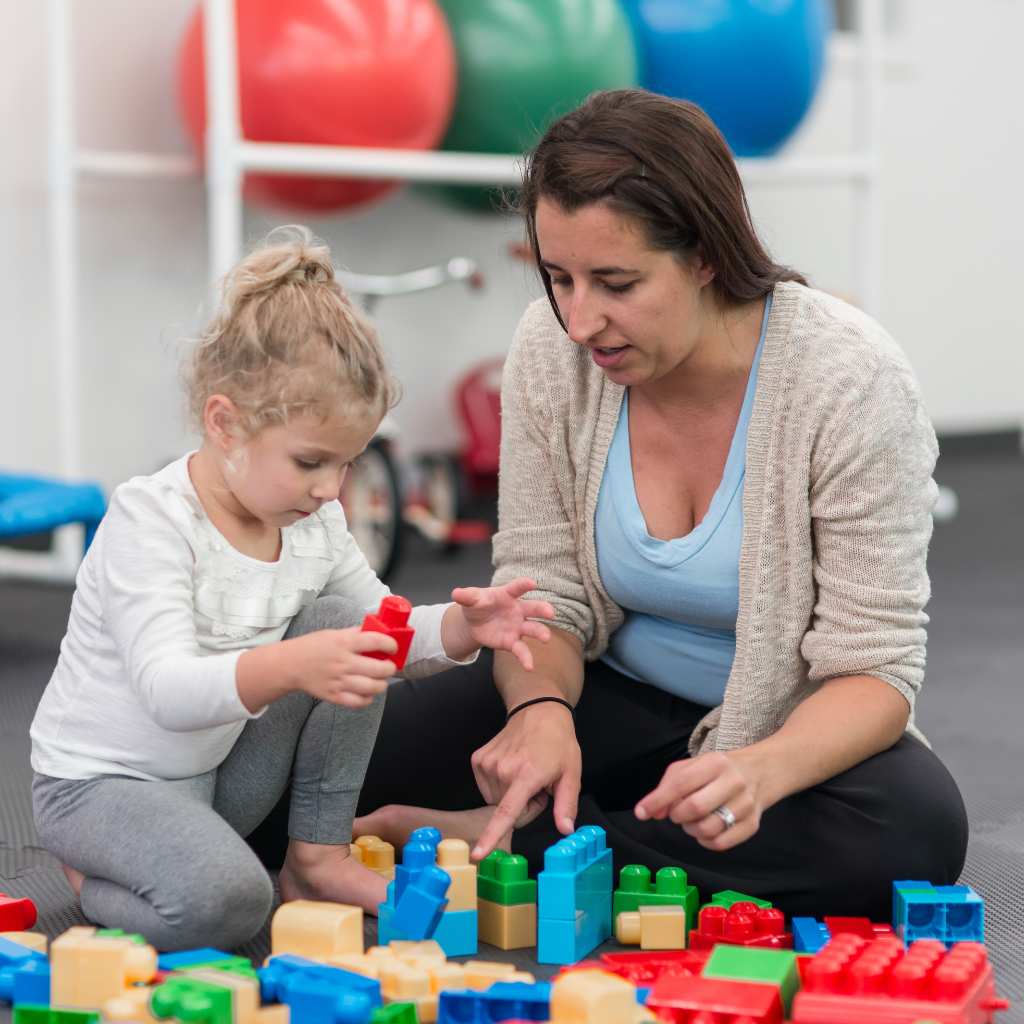Table of Contents
Why is playdates difficult for children with autism?
For many of us, playing with other kids and friends was a natural and fundamental part of our childhood. We fondly remember neighborhood games, adventures at school recess, and exciting weekend get-togethers with friends. These interactions were spontaneous and without much effort. However, playdates in autism are different experiences and are not always so natural. Differences in communication and the way they relate to others can make play a significant challenge.
Why is playdates difficult for children with autism? One of the main challenges is communication. Many children with autism have difficulty expressing themselves verbally, and some may be completely nonverbal. These challenges can make social interaction incredibly complex. Children with autism may also have trouble reading social cues, interpreting others’ emotions, and responding appropriately to social situations, which can lead to misunderstandings and frustrations during playdates.
Neurodivergent children must engage with the world around them, fostering interactions and forming lasting friendships for their development and happiness. Fortunately, parents can employ various strategies to facilitate successful playdates. By adhering to the principles of applied behavior analysis (ABA) therapy – recognized as the gold standard in autism therapy – parents can orchestrate social events that prioritize their child’s sense of security and inclusion.
In this blog, ABA Centers of Florida delve into the importance of playdates in autism and offer practical guidance for parents and caregivers on how to create successful playdates.
Playdates in Autism: Unlocking Developmental Milestones

Play is a fundamental aspect of childhood development, evolving in complexity as children progress through various stages. According to the National Library of Medicine, these stages—solitary play, parallel play, and cooperative play—typically unfold sequentially. However, children with autism often traverse these stages at a delayed pace, exhibiting distinct behavioral patterns at each phase.
Solitary Play: This initial stage, observed predominantly in infants and young toddlers (0 to 2 years old), involves independent exploration of objects and actions. According to the Journal of Autism and Developmental Disorders, children with autism may exhibit prolonged periods of solitary play, sometimes struggling with symbolic play elements, such as imaginative scenarios like tea parties.
Parallel Play: Emerging around the age of two and continuing until approximately three years old, parallel play involves children playing alongside each other with minimal interaction. Children with autism may linger in this stage longer than their neurotypical peers, finding it challenging to initiate social exchanges or transition to cooperative play.
Cooperative Play: Typically developing around the age of three and persisting throughout childhood, cooperative play entails active engagement with peers toward shared goals. Children collaborate, negotiate, take turns, and exchange ideas, necessitating a nuanced understanding of social cues and interpersonal dynamics. Children with autism may encounter difficulties in navigating the intricate social communication inherent in cooperative play.
6 Strategies for Successful Playdates
Playdates for children with autism can be a positive and enriching experience. They offer the opportunity to develop social and communication skills and allow children with autism to enjoy play and the company of others. Below, we share five key strategies parents can implement to ensure that their child’s playdates are successful and enjoyable.

1. Embrace Parallel Play: Parallel play serves as a crucial stepping stone in social development, allowing children with autism to acclimate to the presence of others and gradually absorb social skills through observation. While seemingly solitary, parallel play lays the groundwork for future social interactions, fostering a sense of familiarity and comfort in shared environments.
2. Preparation is Key: Children with ASD thrive on predictability and often struggle with sudden changes to their routines. Provide advance notice for playdate arrangements, implement visual schedules to outline the sequence of events, and alleviate anxiety.
3. Create a Comfortable Setting: Choose familiar environments, such as your home or your kid’s favorite place, where you can control the sensory stimuli to ensure a sense of security and familiarity. By allowing the child to regulate sensory inputs, such as noise levels and toy selection, they can engage more comfortably in social interactions.
4. Look for Playmates with Similarities: When planning playdates for your child, consider looking for peers who have similar interests or share characteristics in their communication style or behavior. Finding children with whom your child feels comfortable and can relate can increase the likelihood of positive and meaningful interaction during playdate.
5. Sensory Considerations: Anticipate sensory sensitivities and preferences, proactively mitigating potential triggers during playdates. Remove or regulate sensory stimuli that may cause distress, such as loud noises or overwhelming visual stimuli, to create a conducive environment for social interaction.
6. Open Communication with Parents: Establish transparent communication with the parents of playmates, articulating expectations and potential accommodations to facilitate a positive play experience for all involved. Educate fellow parents about autism and advocate for understanding and acceptance within the playdate setting.
Integrating ABA Principles into Play
Integrating the principles of ABA into play sessions can transform playtime into a valuable opportunity for learning and development. ABA focuses on using evidence-based techniques to improve specific behaviors. When applied to play, it can help children with autism develop social, communication, and adaptive skills naturally and enjoyably.

To integrate ABA into playdates, therapists set clear and measurable objectives for skill development. For instance, when aiming to enhance verbal communication, parents can organize activities that prompt the child to request toys or describe their actions. Positive reinforcement, like praise or rewards, can then encourage the child to replicate desired behaviors.
Moreover, designing play sessions to foster social interaction involves creating cooperative activities that necessitate turn-taking and collaboration. Parents can employ modeling and imitation to teach proper behaviors, followed by offering opportunities for the child to practice these skills in a secure and supervised setting.
Learn Through Play with ABA Centers of Florida
At ABA Centers of Florida, we recognize the transformative power of play in fostering holistic development for children with autism. Through ABA therapy, we equip individuals with ASD with essential life skills while nurturing their natural abilities through positive reinforcement.
Our approach emphasizes the integration of ABA principles into everyday interactions, including playdates, to promote socialization, communication, and independence. By harnessing the inherent benefits of playdates in autism, children can thrive in social settings, building meaningful connections and enhancing their overall quality of life.
For more information on how ABA therapy supports families in Doral, Miramar, Tampa, Orlando, Boca Raton, and more areas of Florida, call us at (772) 773-1975 or schedule a complimentary consultation with our empathetic team.
Through collaborative efforts and informed strategies, we can create inclusive environments where children with autism can flourish, one playdate at a time.








